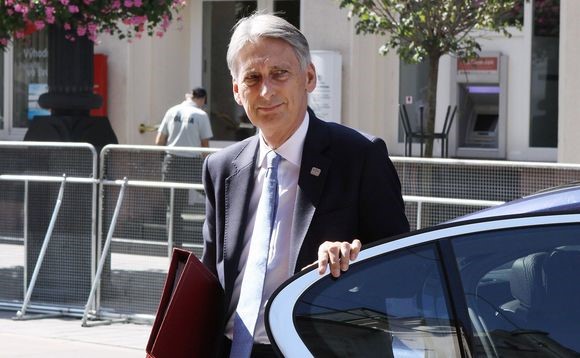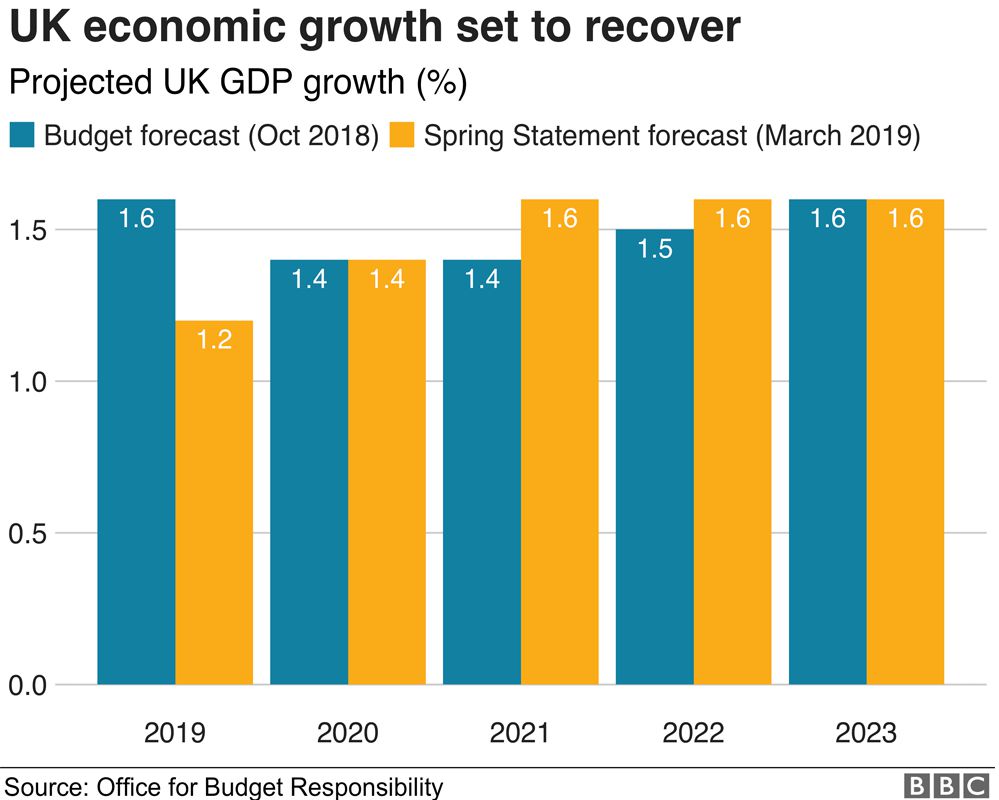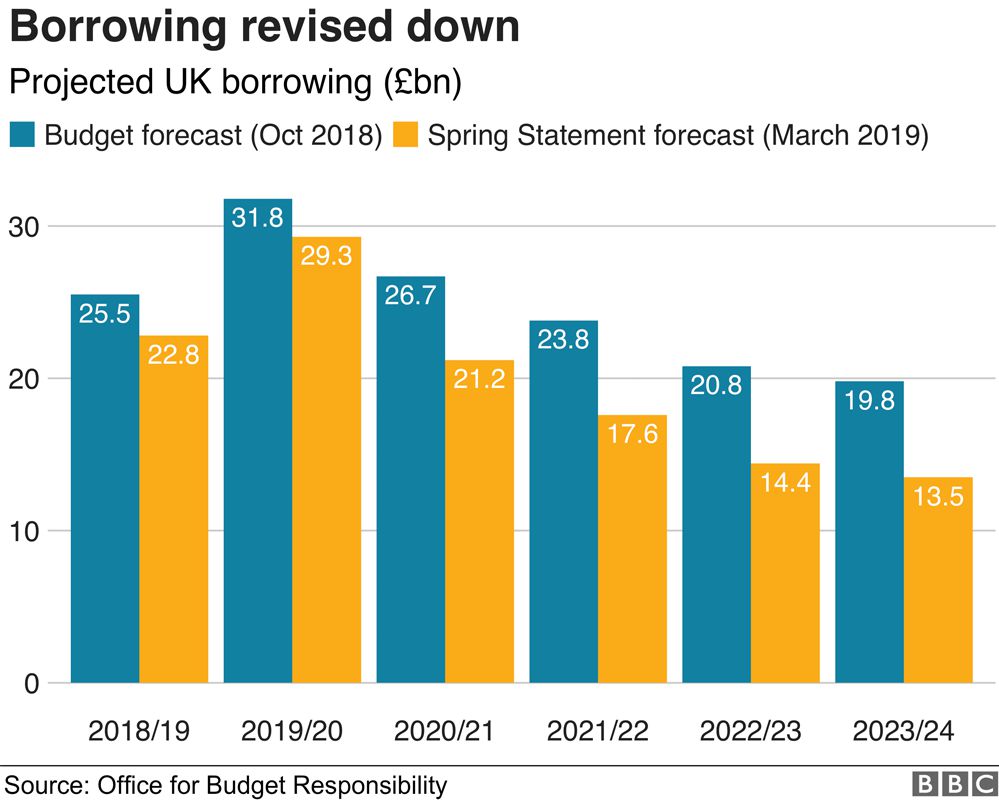
The silence of the Spring Statement has been deafening….
Brexit and the surrounding issues of the ‘meaningful vote’ etc have dominated the media recently, where Chancellor Philip Hammond’s Spring Statement was drowned out of the media’s attention.
When interviewed yesterday, the focus was on Chancellor Hammond’s view of the vote and the Parliamentary process, rather than his Spring Statement!
Headlines
Philip Hammond vowed to free up more money to help end austerity in a ‘Deal Dividend’. Tax cuts and an increase in spending depends on a smooth Brexit.
He stated in his Spring Statement that a disorderly Brexit would deal a ‘significant’ blow to economic activity in the short term.
“A cloud of uncertainty hanging over our economy” was his comment following the second rejection of PM May’s Brexit deal.
Overview
Financial Services legislation
Chancellor Philip Hammond said it is “vital that the UK remains an open and competitive place to do business”. As such, he announced that following a consultation later this year the Government will legislate to ensure that the UK can “maintain world-leading financial services regulatory standards” following Brexit, to “remain open to international markets and realise new trading opportunities”.
Before the summer, the Government will set out its approach to consulting on how to ensure the financial services regulatory framework adapts to a new constitutional position outside the EU.
“This includes the need to ensure financial stability is delivered through an effective regulatory framework, with the responsiveness necessary for a dynamic and open financial services sector and an appropriate level of democratic accountability.”
Economics of biodiversity
A new global review was announced, to be led by Professor Sir Partha Dasgupta, to assess the economic value of biodiversity and to identify the actions that will simultaneously enhance biodiversity and deliver economic prosperity. The review will report in 2020, ahead of the 15th meeting of the Conference of the Parties to the Convention on Biodiversity in Beijing in October that year.
Infrastructure Finance Review consultation launched
Later this year the Government will publish the first National Infrastructure Strategy, responding to the National Infrastructure Commission’s (NIC) National Infrastructure Assessment.
The strategy will set out how to embrace new technologies, decarbonise the economy and create infrastructure fit for the 21st Century.
When the UK leaves the European Union, it will also leave the European Investment Bank, a long-term investor in UK infrastructure. The role of the private sector is therefore increasingly important, and the Government hopes to encourage further private investment in infrastructure; of the projected £600bn infrastructure investment pipeline for the next ten years, half is forecast to come from the private sector.
This review will inform both the 2019 Spending Review and the National Infrastructure Strategy. The consultation will close on 5 June 2019.
UK economy
UK gross domestic product (GDP) is set to grow by 1.2% in 2019, less than the 1.3% forecast in the 2018 Autumn Budget, but the economy will expand over the each of the next five years.
The UK economy is set to grow by 1.4% in 2020 and by 1.6% in the following three years, according to the Office for Budget Responsibility (OBR), although this year’s growth forecast was reduced to 1.2%.
Meanwhile, the OBR predicted borrowing is set to fall to £13.5bn in 2023, from £29.4bn this year, well below the previous forecast of £19.8bn in 2023. As a percentage of GDP, debt peaked at 83.3% in 2018/19 and is expected to fall to 82.2% in 2019/20, then 79%, 74.9%, 74%, and finally 73% in 2022-23.
However, the OBR report noted that the government’s “stated ‘fiscal objective’ is to balance the budget by 2025-26” but its past forecast performance suggests “it now has a 40%” chance of doing so by the end of our forecast in 2023-24.
Inflation is currently at 3%, but the OBR said it expects the figure to fall back to the Bank of England’s target of 2% over the next 12 months.

Mr Hammond said the economy had “defied expectations” as wages were expected to keep growing at rates of above 3% over the next five years.
He hinted that the government would have up to an extra £26.6 billion to spend if MPs voted to leave the EU with a deal, while still meeting self-imposed limits on government borrowing.
This is almost double the £15.4bn estimated by the OBR in October.
The statement left the forecast for GDP growth in 2020 at 1.4% and now expects the UK economy to expand by 1.6% a year in the following three years.

‘Deal dividend’
Despite Brexit uncertainty and the potentially damaging prospects of a no-deal Brexit dominating the Spring Statement, Hammond introduced his concept of a ‘deal dividend’, which he described as the UK’s increase in wealth in the event of an orderly exit from the EU, given that business confidence and consumer spending would increase, while Brexit-related unemployment would be minimised.
Digital competition
The final report of the Digital Competition Expert Panel was published making recommendations for changes to the UK’s competition framework that are needed to face the economic challenges posed by digital markets, in the UK and internationally.
The panel recommended the establishment of a digital markets unit to support greater competition and consumer choice in digital markets that could develop a code of competitive conduct; enable greater personal data mobility and systems with open standards and advance data openness.
Regulatory review
The Competition and Markets Authority (CMA) announced that, subject to an orderly exit from the EU and therefore resources, it will carry out a review to assess how regulation affects competition in the UK business environment.
Venture and growth capital
In terms of access to finance following Brexit, the Government said it “stands ready to deliver its commitment in all circumstances to provide additional funding to the British Business Bank for venture and growth capital, as we leave the European Union and our relationship with the European Investment Fund changes”.
Retail Prices Index
Following the recommendations made both to the Government and the UK Statistics Authority (UKSA) in the report on the Retail Prices Index (RPI) by the House of Lords Economic Affairs Committee, the Government is considering the complex issues raised. The Government is discussing the relevant issues with the UKSA and will respond to the Committee’s report in April.
RPI, which has proved contentious in recent years, is used in many private sector pension plans.
Tax avoidance
The Government has published a policy paper setting out the government’s achievements in tackling tax avoidance, evasion and other forms of non-compliance, as well as a policy paper setting out the direction for HMRC’s updated strategy for offshore tax compliance, Offshore tax compliance strategy: No Safe Havens 2019.
Click the following link to read the summary of Chancellor Philip Hammond’s Spring Statement – https://www.gov.uk/government/news/spring-statement-2019-what-you-need-to-know
You may wish to click the link to the Budget 2018 Summary below:
https://www.bestpricefs.co.uk/blog/budget-2018-summary-what-it-means-for-you-the-investor-the-insurance-consumer-and-being-financially-prepare/
Warmest Regards
Best Price FS Team